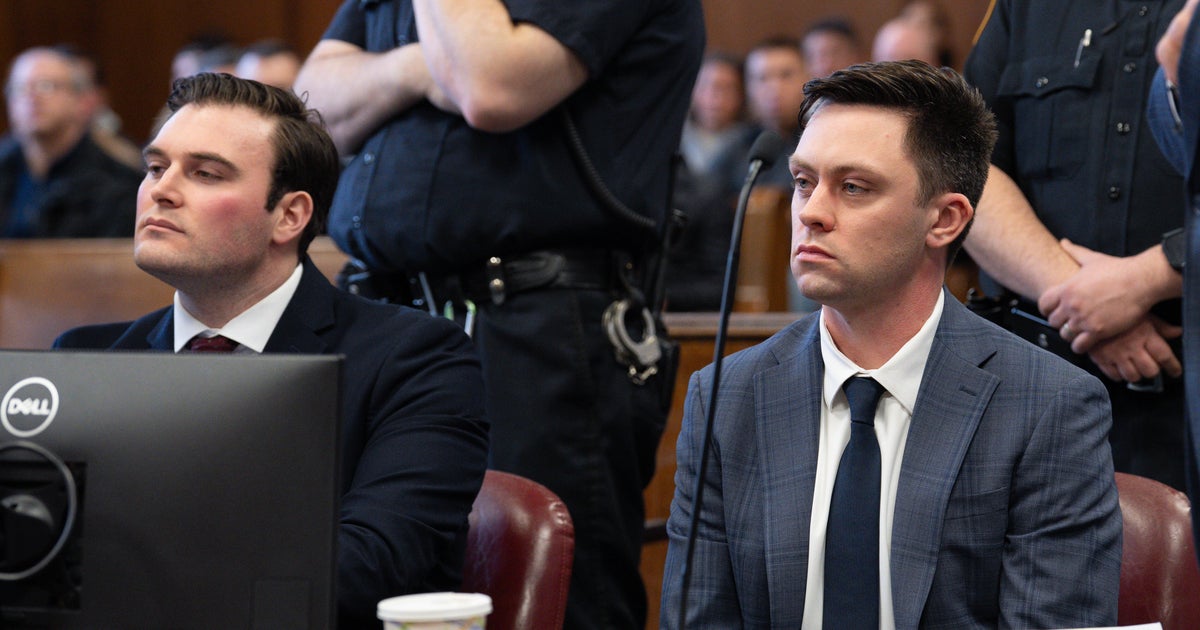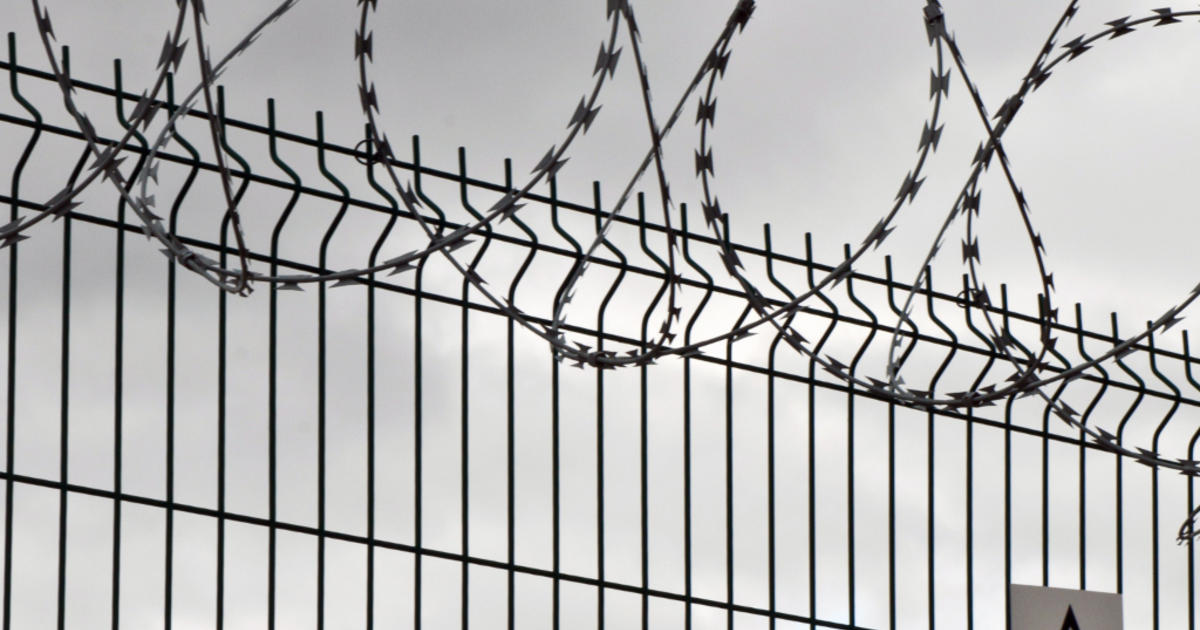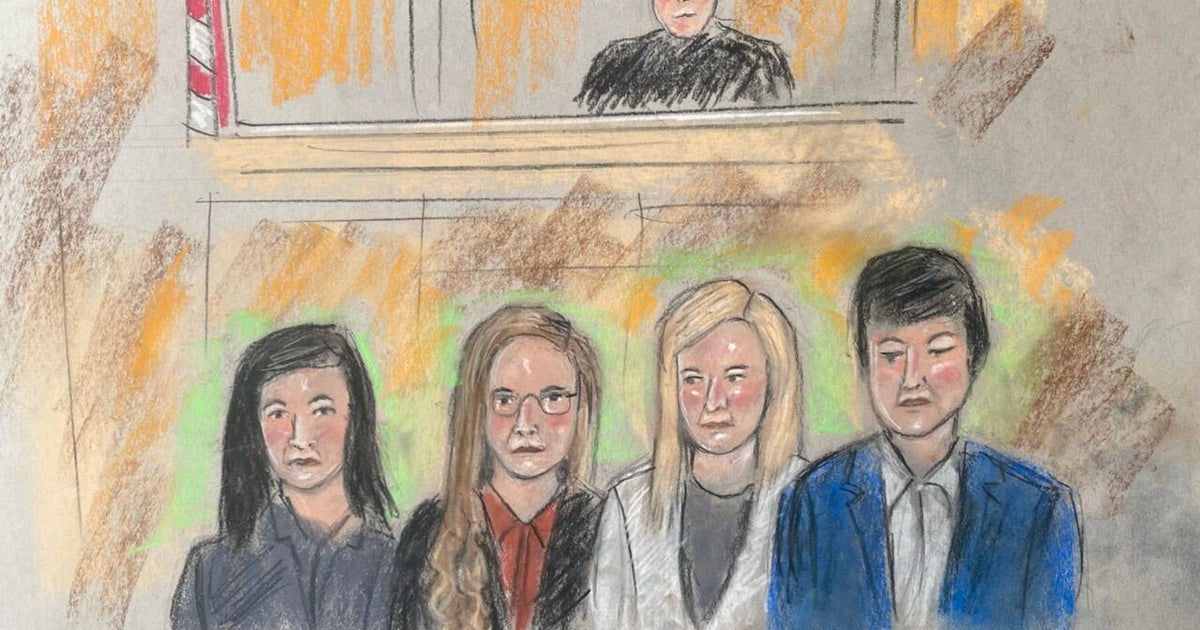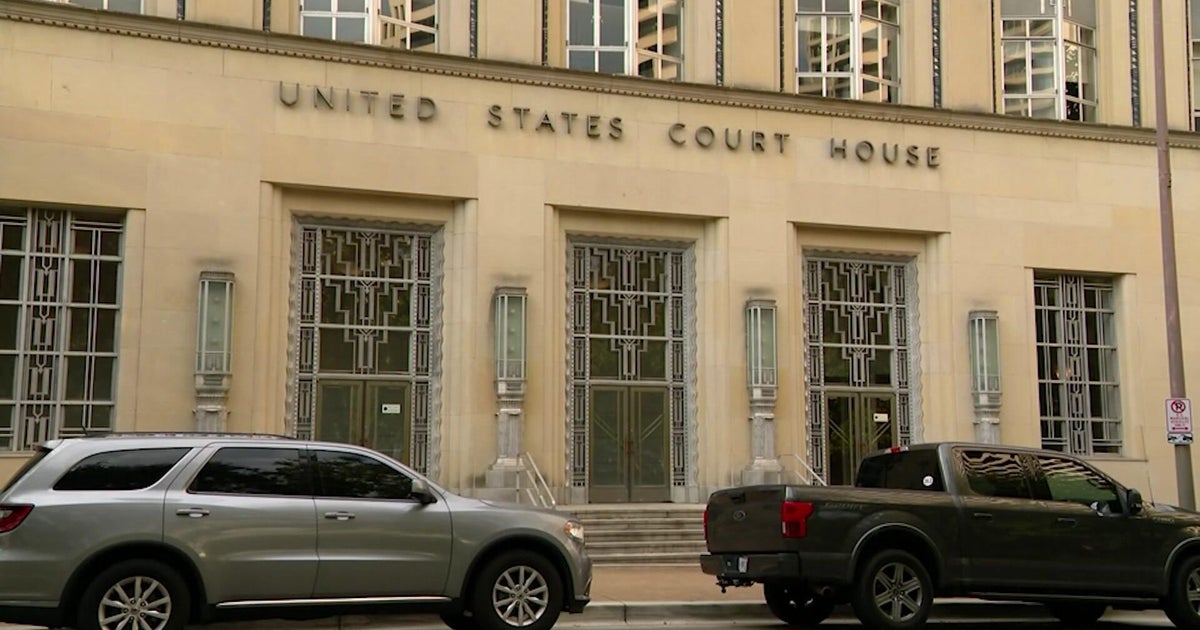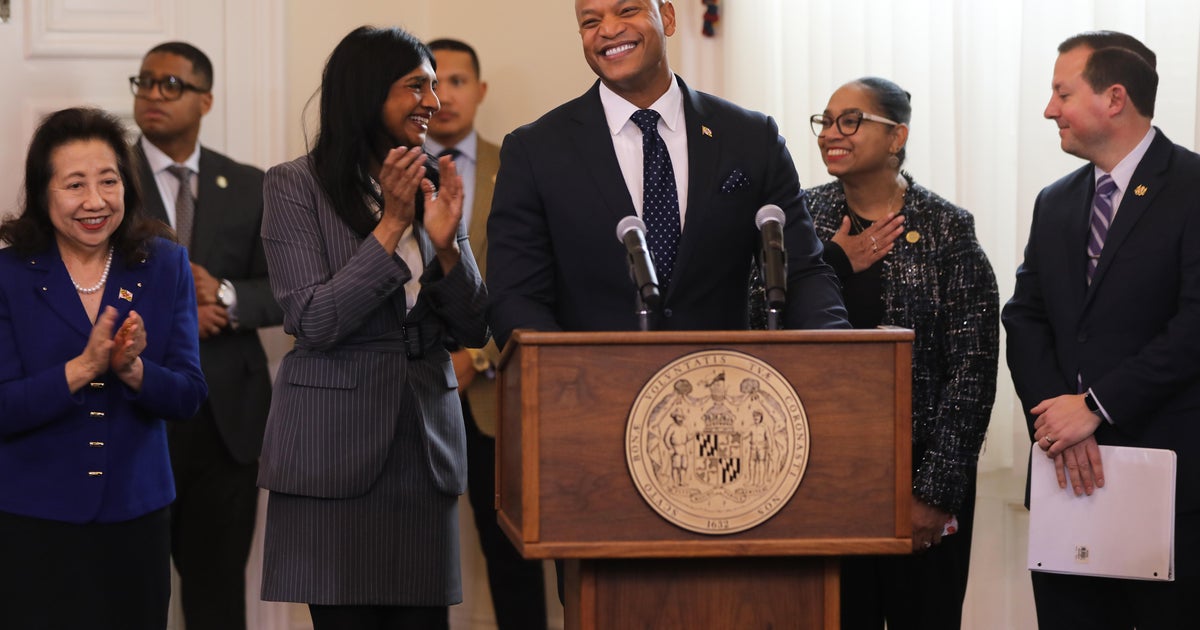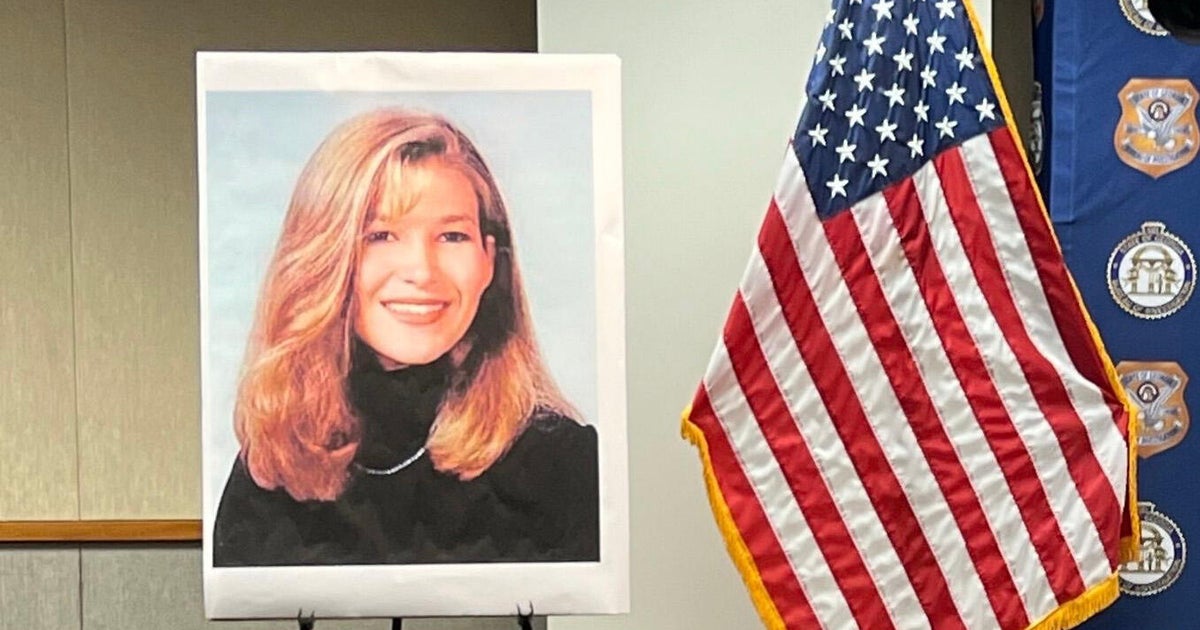GI Largely Barred From Discussing WikiLeaks Harm
FORT MEADE, Md. (AP) -- A military judge on Thursday largely barred an Army private from presenting evidence at his trial that the mountain of classified information he's accused of leaking did little harm to U.S. national security and foreign relations.
Army Col. Denise Lind, presiding over a pretrial hearing at Fort Meade, agreed with prosecutors that the extent of any damage is irrelevant to the 22 charges against Pfc. Bradley Manning. He's accused of aiding the enemy by sending hundreds of thousands of diplomatic cables and war logs to the secret-spilling website WikiLeaks. That charge carries a possible life sentence.
Lind left the door open, though, for defense attorneys to raise the issue of harm to show bias by individual trial witnesses.
Prosecutors also are barred from presenting evidence of harm during the trial phase. Both sides will be allowed to give that evidence during sentencing if the 24-year-old native of Crescent, Okla., is convicted.
Prosecutors argued they aren't required to prove the leaks caused harm. Lind agreed, saying jurors "will be confused by the focus of the trial shifting" if such evidence is allowed.
Manning's trial, originally set for late September, could be pushed back to February, Lind said Thursday.
Lead Manning attorney David Coombs said during arguments Wednesday that the defense would be "cut off at the knees" if lawyers can't talk about harm at trial. Military justice experts said Coombs will have a tougher road without the information.
The damage done by the leaks is disputed.
More than two dozen so-called "damage assessments" were conducted by the departments of State, Defense, Homeland Security and other agencies, according to Manning's lawyers. Those assessments aren't public, but Coombs said the damage is minimal or "speculative at best."
Speaking about the leak in 2010, then Defense Secretary Robert Gates seemed to agree, saying: "Is this embarrassing? Yes. Is it awkward? Yes. Consequences for U.S. foreign policy? I think fairly modest."
Other officials have been more wary. They say the information's release caused turbulent relations with some countries and caused others to pull back from dealings with the United States. They cautioned that the fallout may last for years.
Jon Shelburne, who has frequently been a defense attorney in military cases, said before the hearing that it would be a large leap for a military jury to let Manning off the hook simply because no harm resulted from his actions.
Victor Hansen, an Army lawyer for more than a decade, said before the hearing that excluding evidence of harm would make the prosecution's already complex case more straightforward. Hansen, who teaches at New England Law in Boston, said barring such evidence from the trail would prevent Manning's lawyers from
introducing their major theme of "no harm, no foul."
Lind also ruled Thursday that United Nations torture investigator Juan Mendez cannot testify about Manning's pretrial detention at a Marine Corps brig in Quantico, Va. She said Mendez' testimony was irrelevant to whether Manning's nine months in maximum-security confinement amounted to illegal punishment. The court will hear arguments on that issue next month.
Mendez accused the United States last year of violating U.N. rules by refusing him unfettered access Manning.
Manning was held at the brig in Quantico before he was moved in April 2011 to medium-security confinement at Fort Leavenworth, Kansas. During virtually all of his time at Quantico, he was confined to his cell 23 hours a day. Coombs claims the former brig commander, Chief Warrant Officer 4 James Averhart, illegally put Manning on suicide watch or "prevention of injury" status against the advice of the brig psychiatrist and a defense psychiatrist. For several days in January 2011, Manning's clothing was taken from him each night until he was issued a suicide-prevention smock.
Manning is accused of providing to WikiLeaks documents including Iraq and Afghanistan war logs and more than 250,000 diplomatic cables while working as an intelligence analyst in Baghdad in 2009 and 2010.
(Copyright 2012 by The Associated Press. All Rights Reserved.)

